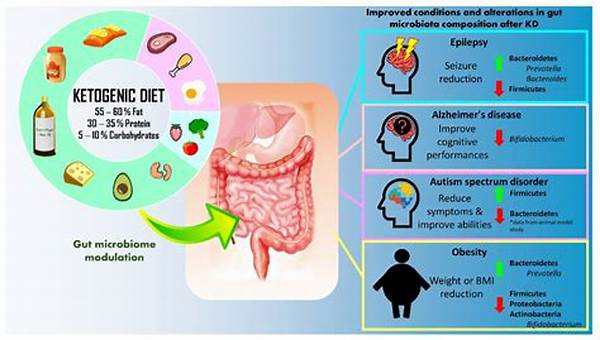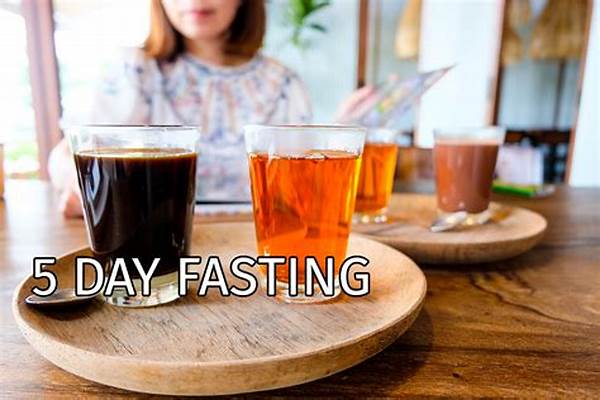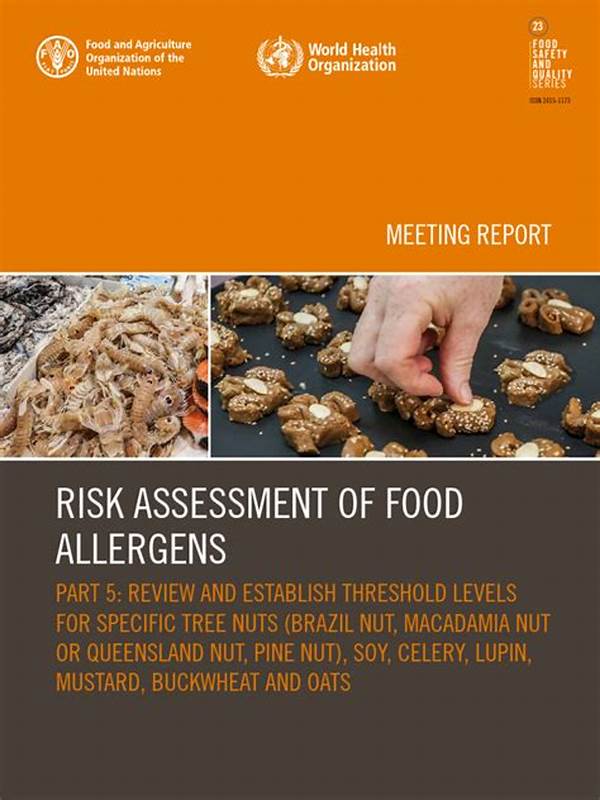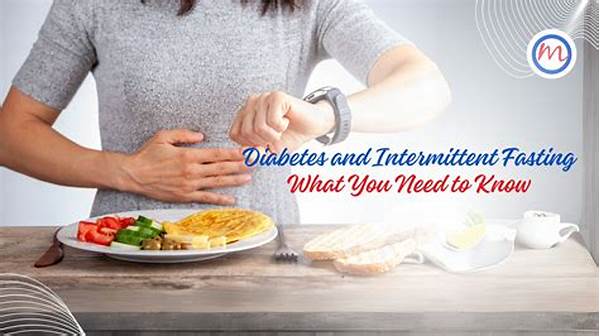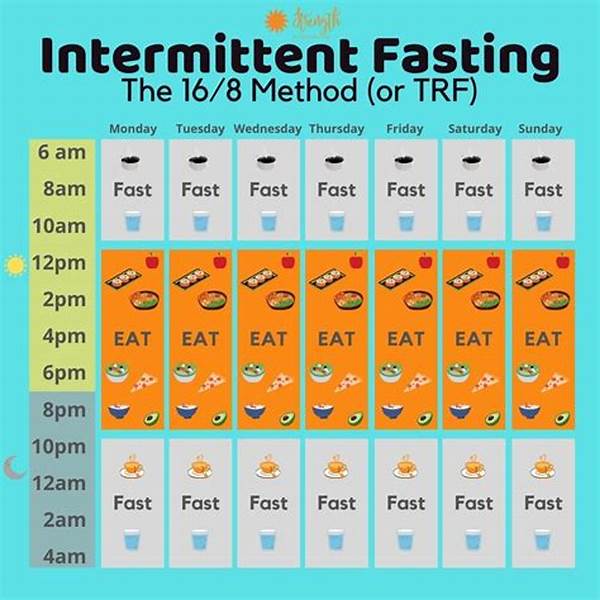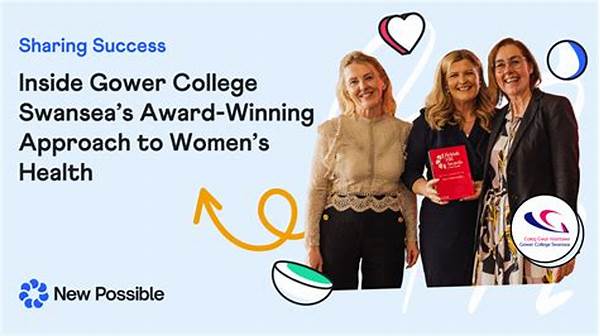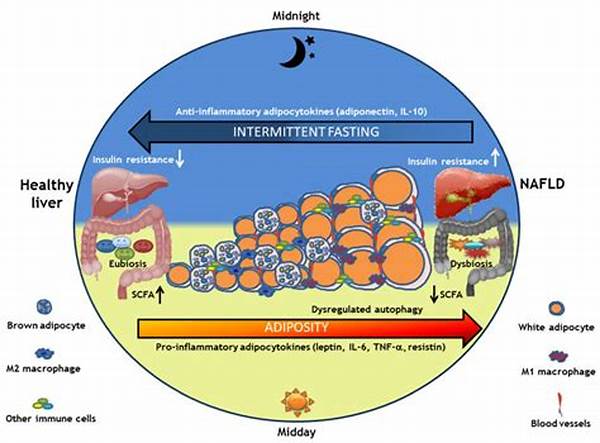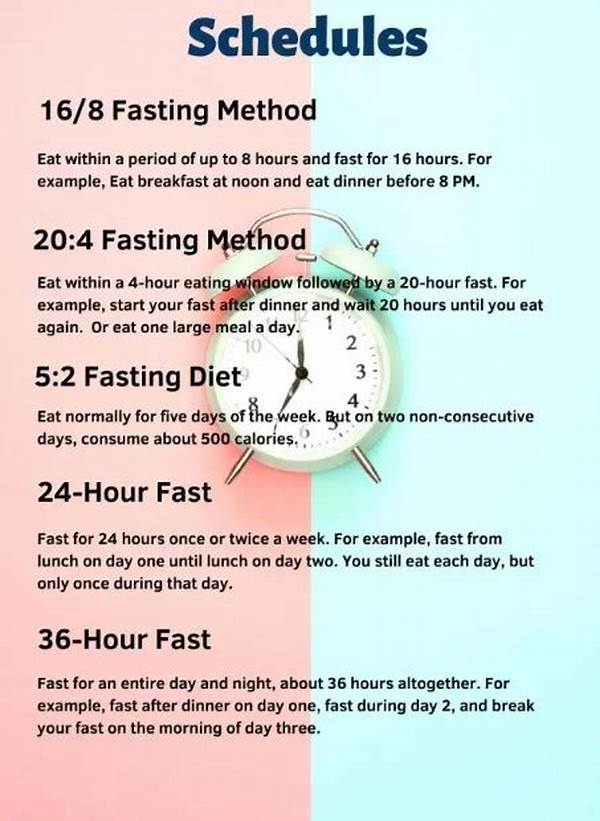Diabetics and Fasting: What You Need to Know First
In an era where health consciousness is soaring, fasting has become a popular choice for many seeking better wellness. But when it comes to diabetics, fasting requires careful consideration. Navigating the world of fasting as a person with diabetes is akin to walking a tightrope. It’s a balancing act that requires knowledge, strategy, and planning. From intermittent fasting to water-only fasts, the landscape is broad and varied, and yet, it’s not just about picking a style; it’s about understanding how it affects your body, your blood sugar levels, and your overall health. For diabetics, fasting is not just a trend, it’s an informed choice, and here’s what you need to know first.
Read More : The Truth About Hunger: How To Retrain Your Brain And End Food Cravings Forever!
Imagine your body as a vehicle, and glucose is the fuel. For a diabetic, that fuel must be precisely measured and carefully used. Fasting alters this dynamic by changing how and when the fuel is added to the tank. This change can lead to both challenges and benefits, which is why it’s critical to approach fasting with a well-researched strategy. The goal is not only about potential weight loss or other health benefits but about maintaining balance and avoiding any severe incidents. The stakes are high, and diabetics must be equipped with guidance and a plan that considers all facets of this health journey.
The rising interest in fasting demands a bespoke approach for diabetics. Many have walked this road before and have stories to share, experiences that range from life-changing transformations to cautionary tales. “Diabetics and Fasting: What You Need to Know First” aims to combine these narratives with expert advice. As each diabetic’s journey is unique, understanding both the risks and rewards of fasting can forge a path that leads to holistic and sustainable health improvements.
The Science Behind Fasting and Diabetes
Fasting involves refraining from eating for a specific period. For diabetics, this pause in food intake can impact blood glucose levels significantly. The body’s response to fasting varies; some see stability in their glucose levels, while others experience spikes or dangerous troughs. It’s essential to monitor blood sugar closely and frequently. Many doctors recommend keeping a log of how fasting affects your glucose levels to avoid unwanted scenarios.
Safe Fasting Practices for Diabetics
A safe fasting journey for diabetics starts with consultation. A healthcare provider’s advice is invaluable, providing tailored guidance that fits individual needs. Not all fasting methods are suitable; intermittent fasting is often recommended over longer fasts. The focus should always lie in balancing blood sugar levels and avoiding hypoglycemia.
Debunking Fasting Myths
Many myths surround fasting, particularly for diabetics. Some believe fasting completely resets your insulin needs or that it can cure diabetes. These are myths. While fasting may help in managing diabetes to some extent, it is not a cure. Diabetics and fasting: what you need to know first is to approach with caution, verified information, and with your healthcare provider’s endorsement.
Conclusion: Diabetics and Fasting What You Need to Know First
Making informed decisions is crucial. Understanding your body’s needs and responses is key to successful and safe fasting. Diabetics venturing into the fasting world must prioritize education, careful monitoring, and professional guidance. Always remember: your health is individual, and what works for one may not work for another.
—
Introduction
Fasting has become not only a popular method for weight management but also a lifestyle for many seeking health optimization. However, for diabetics, fasting is a topic that demands thoughtful consideration and meticulous planning. When you think about ‘diabetics and fasting: what you need to know first’, it’s crucial to understand both the potential benefits and the inherent risks. Engaging in fasting as a diabetic requires a tailored approach that considers various health factors, personal goals, and, most importantly, safety.
First, let’s address the elephant in the room: the relationship between fasting and blood sugar. For individuals managing diabetes, focusing on achieving stable blood glucose levels is paramount. Fasting can disrupt this stability, possibly leading to hypoglycemia if not monitored correctly. Unlike the average person, diabetics must maintain a strict watch over their glycemic levels, making the act of fasting less straightforward. This is where education and awareness play a critical role. Understanding how your body reacts to a lack of food intake over different periods can aid in creating a fasting plan that supports health rather than undermines it.
Now, with safety being a top priority, why would a diabetic consider fasting? The potential rewards can be quite compelling. Many find that fasting, when executed correctly, aids in weight reduction, potentially improves insulin sensitivity, and fosters a sense of well-being. The key lies in recognizing that fasting isn’t a one-size-fits-all solution but a customizable tool that, when paired with professional advice, can yield positive outcomes. It’s about finding the balance between fasting length, food intake during eating windows, and continuous glucose monitoring.
Perhaps you’ve heard success stories—testimonials of individuals who have managed their diabetes through careful dietary management inclusive of fasting. These narratives often provide motivation and hope, but they must be grounded in reality. Diabetics and fasting: what you need to know first is not just anecdotal; it is scientific, measured, and personal. This journey relies heavily on individualized strategies that consider one’s medical history, lifestyle, and health goals.
Customizing Fasting for Diabetics
Every diabetic’s experience with fasting will differ, which means customizing a plan is necessary. Consulting healthcare professionals before starting is vital. They can provide insight into appropriate fasting methods and ensure your regimen aligns with your current health status and medications.
Planning Ahead
Having a plan is crucial. This includes deciding on the type of fasting, monitoring tools for blood glucose levels, and a response plan for any adverse effects. Regular check-ins with medical professionals are recommended throughout any fasting journey.
Key Insights on Diabetics and Fasting
—
Delving Into the Dialogue: Diabetics and Fasting
After understanding the basics, let’s open the floor for discussion. How does the diabetic community perceive fasting? There are diverse opinions, ranging from enthusiastic endorsements to cautious skepticism. For some, fasting has been transformative, offering improved health markers and qualitative life enhancements. However, there’s a consensus on the need for cautious optimization before diving headlong into fasting regimens.
Engagement in these dialogues often reveals a keen thirst for more personalized insights. Many diabetics share their experiences online through forums and blogs, fostering a community-driven knowledge base. In these anecdotes, the consensus appears to be that, while the potential benefits of fasting can be enticing, ensuring safety through medical guidance remains paramount. The illustration of real-life stories provides a platform for peer-supported decision-making, offering comfort through shared experiences.
The dialogue doesn’t end there. Ongoing research continues to shape the landscape of fasting and diabetes management. As medical science evolves, so too does our understanding of how best to apply fasting strategies to enhance diabetic care. While the excitement surrounding fasting offers potential, collaboration between healthcare professionals, researchers, and the diabetic community will continue to play an essential role in shaping safe and effective practices.
What’s Next? Diabetics and Fasting Moving Forward
It’s a dynamic field, with new studies constantly emerging. Keeping abreast of these developments through reputable health news sources and peer-reviewed journals will be invaluable for those considering fasting as part of their diabetes management strategy. Moreover, personal experimentation, under professional guidance, can provide practical insights tailored to individual needs.
Engaging with the Diabetic Fasting Community
Engaging with online diabetic social media groups or forums can offer support and varied perspectives. Sharing experiences and strategies fosters a culture of learning and mutual encouragement.
—
Discussion Points and Illustrations: Diabetics and Fasting
To enrich your understanding of this topic, here are illustrations relating to “diabetics and fasting: what you need to know first”:
Fasting, an age-old practice, has found a modern resurgence, especially among those managing chronic conditions such as diabetes. For diabetics considering fasting, knowing the basics is simply not enough. They need to engage in comprehensive research, personal discovery, and professional talks. Understanding these elements is essential, yet it should always be framed around personal health parameters.
The dialogue on diabetics and fasting is prolific, evidenced by anecdotes, medical perspectives, and emerging scientific insights. These discussions inform and shape strategies that are personally effective, culturally acceptable, and medically appropriate. Education and shared knowledge remain cornerstones of this evolving conversation, ensuring that diabetics are empowered to make informed decisions that align with both personal health goals and professional advice.

